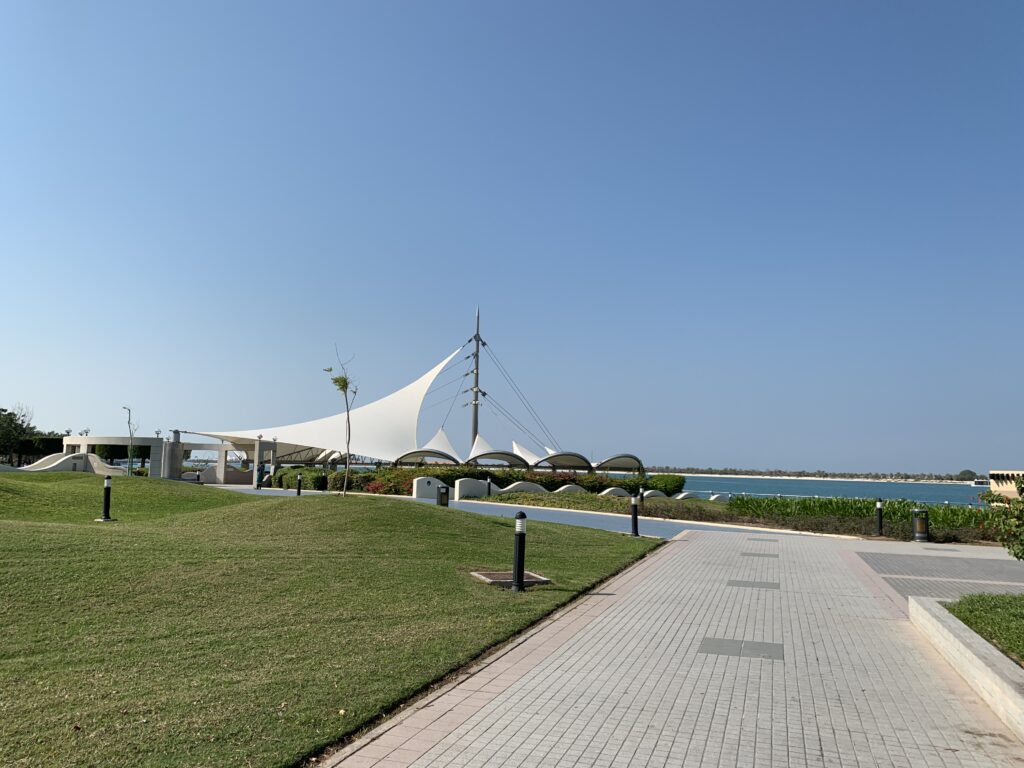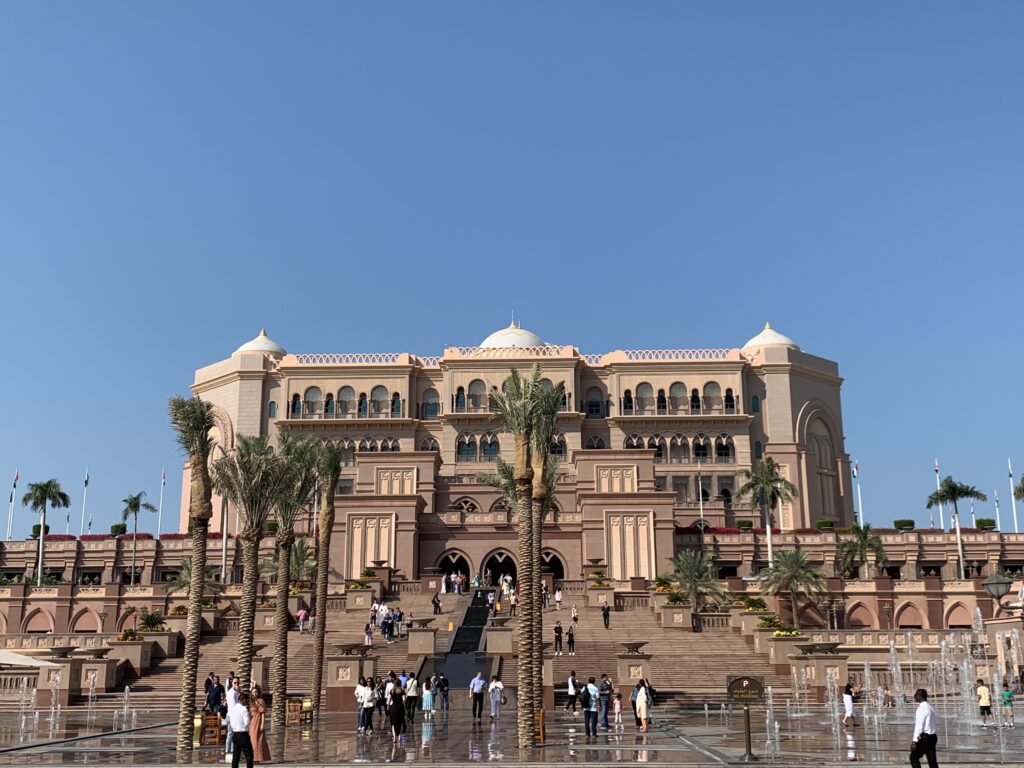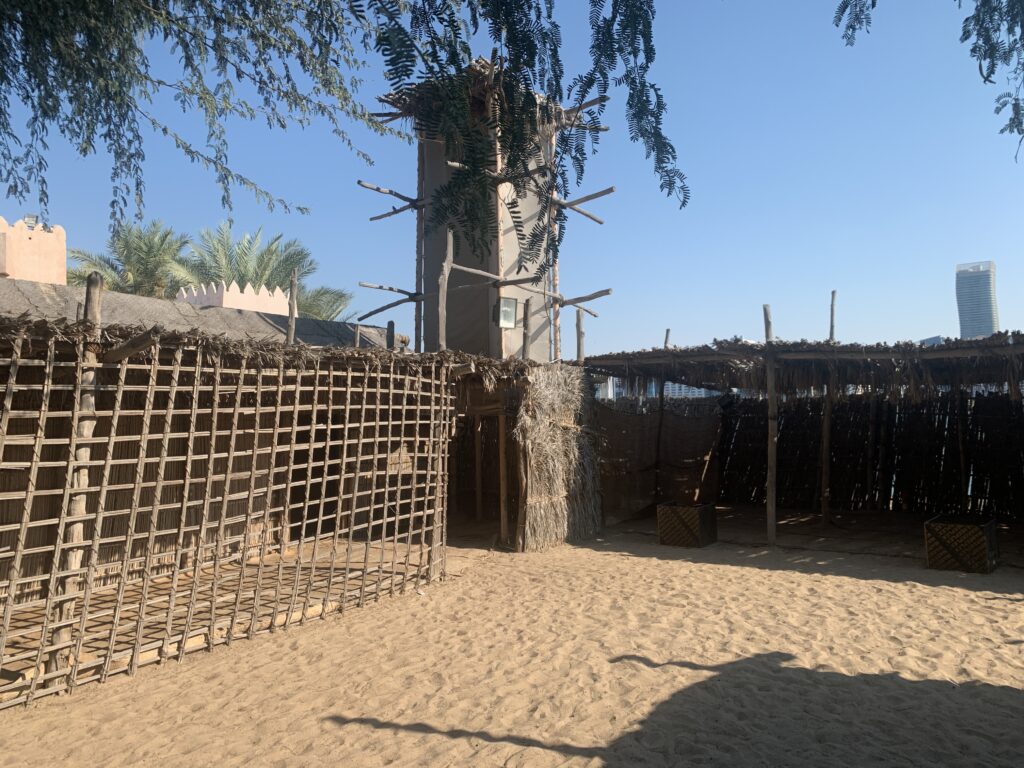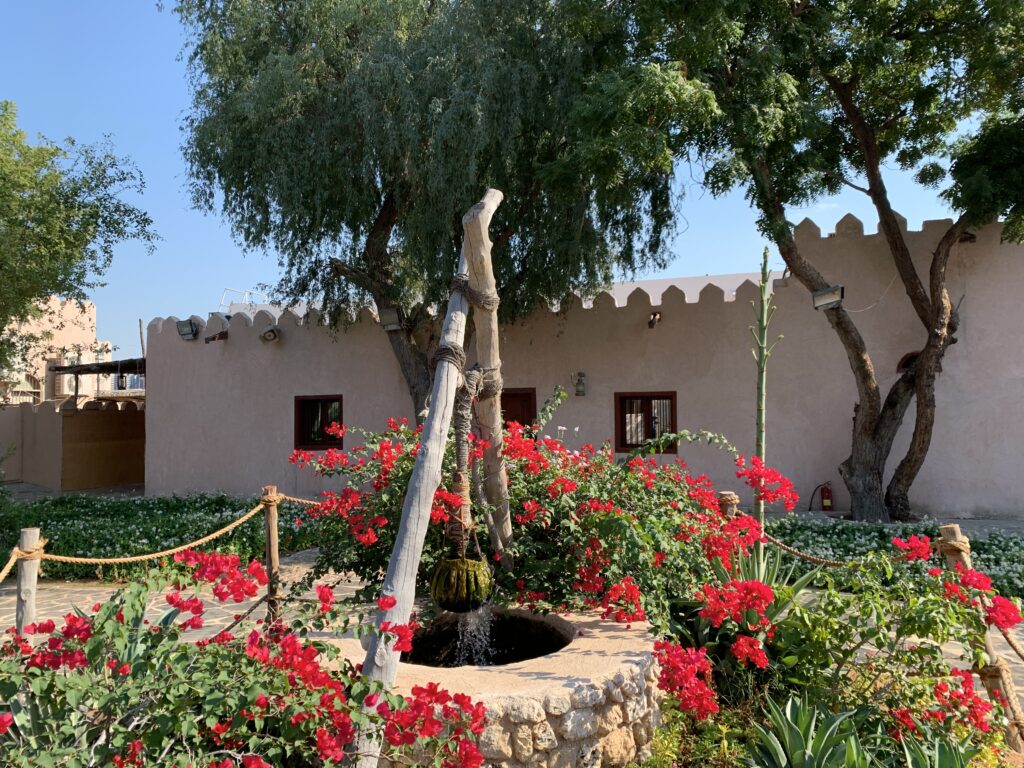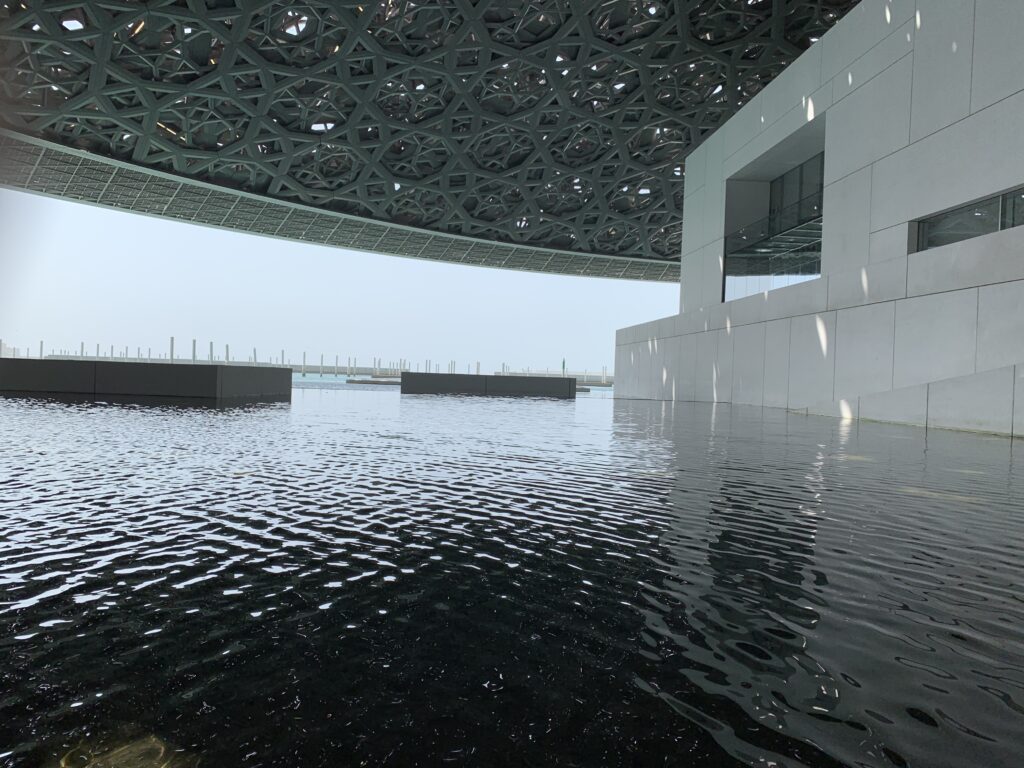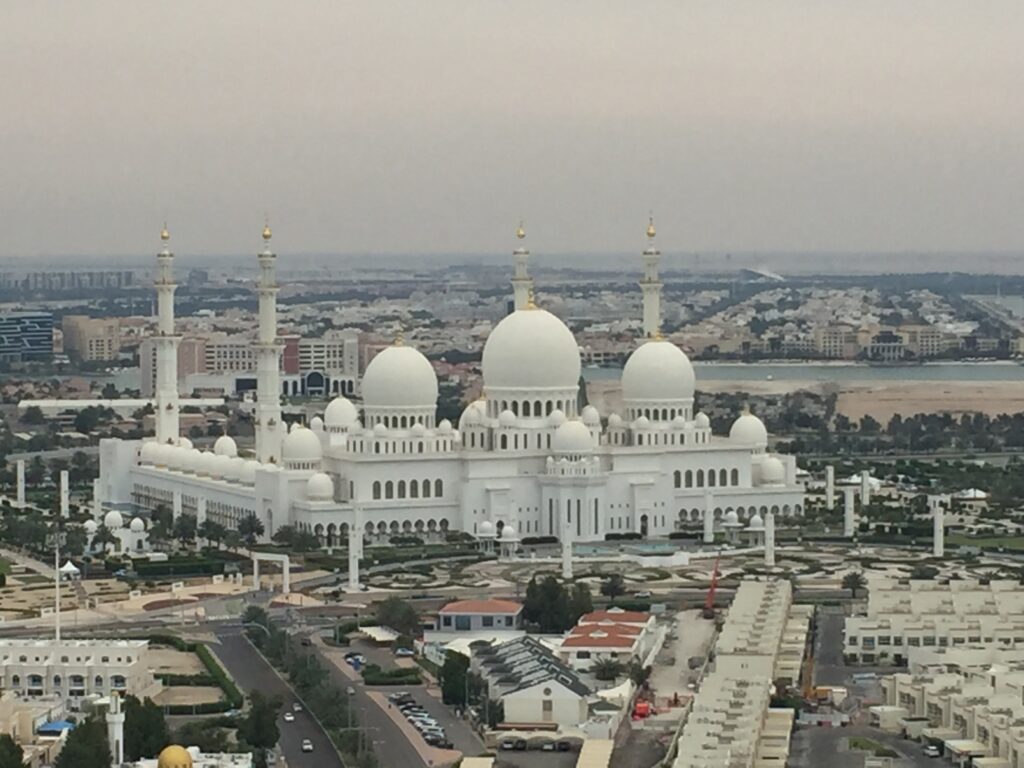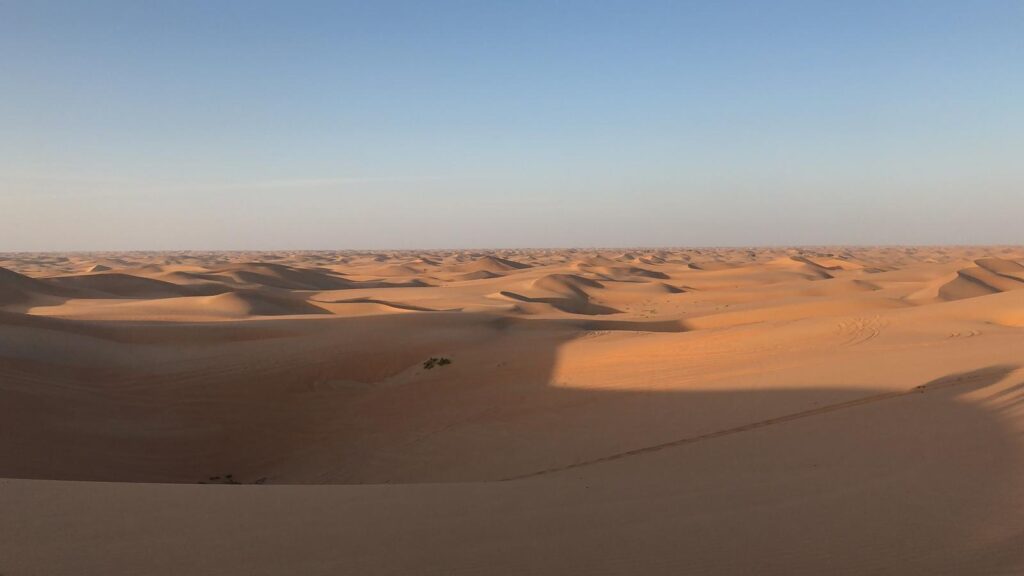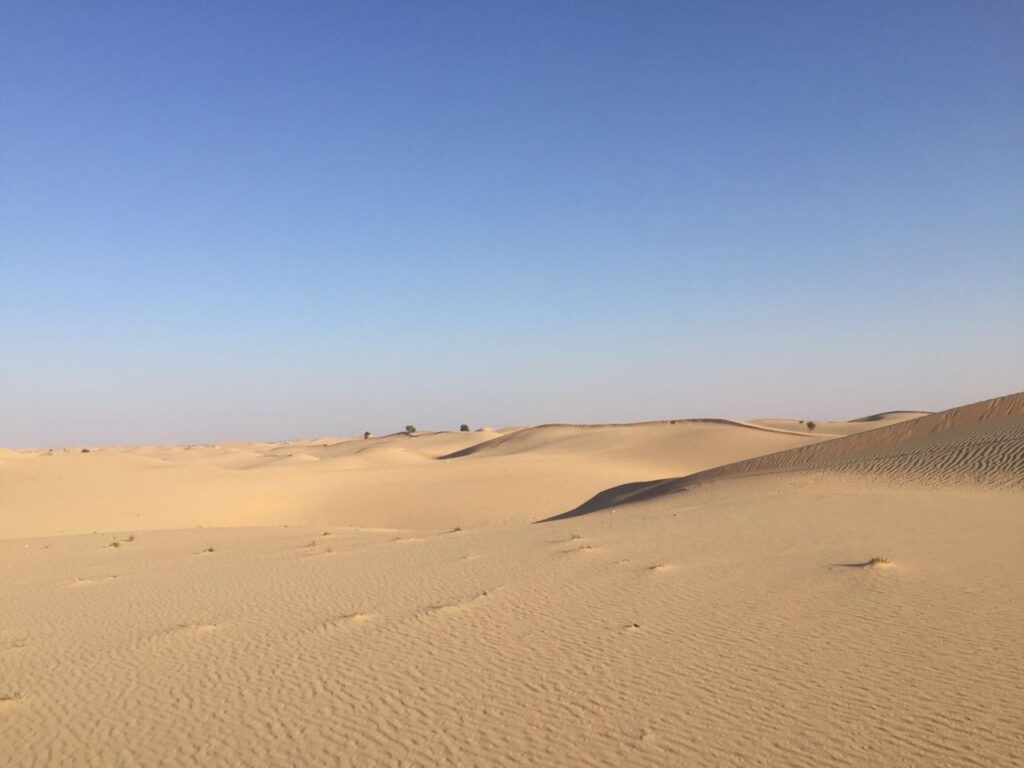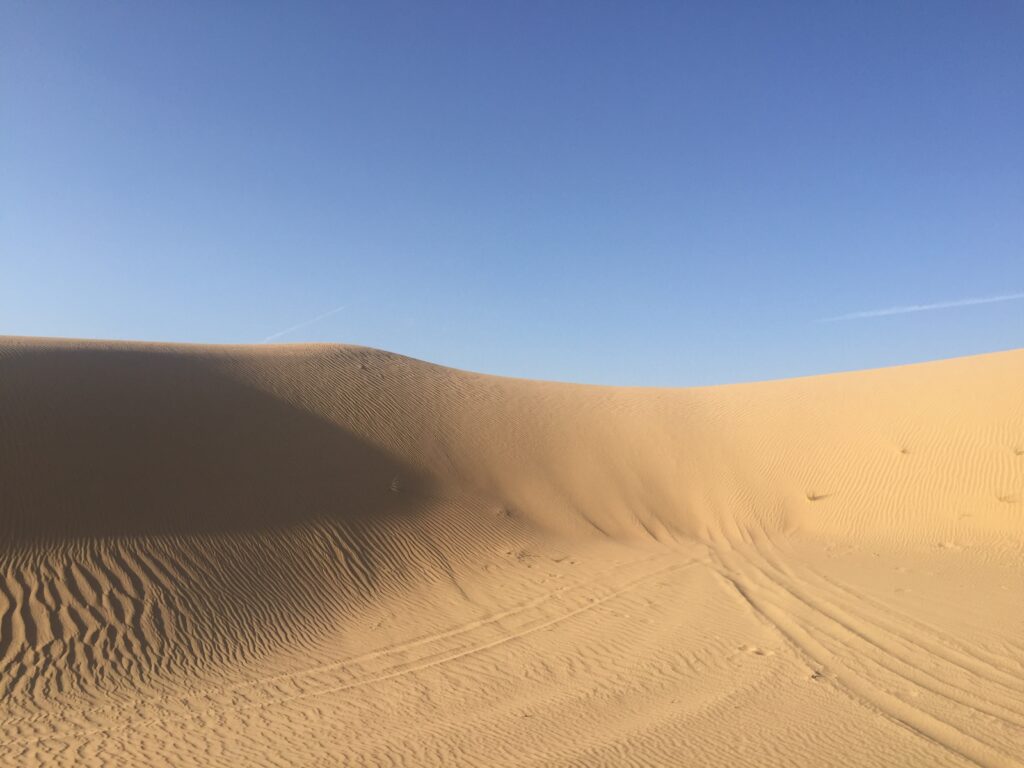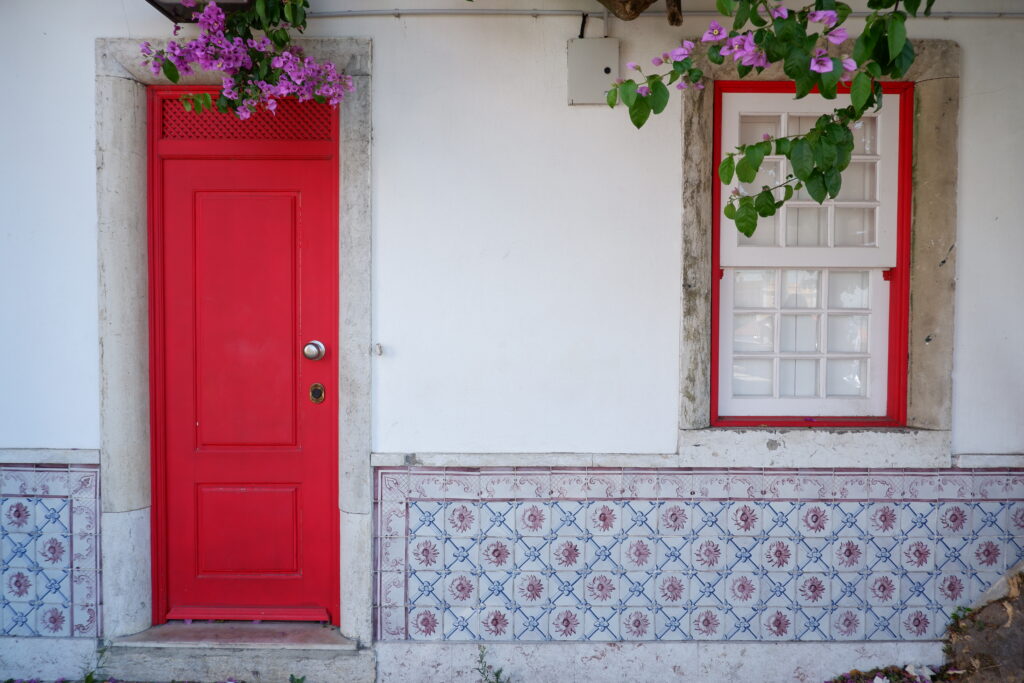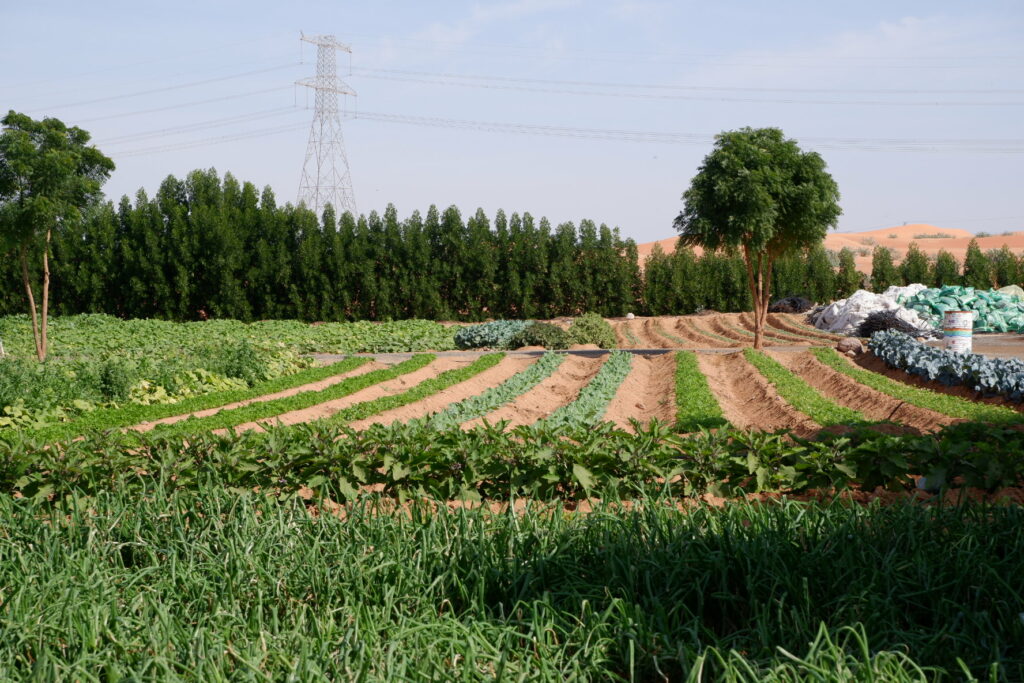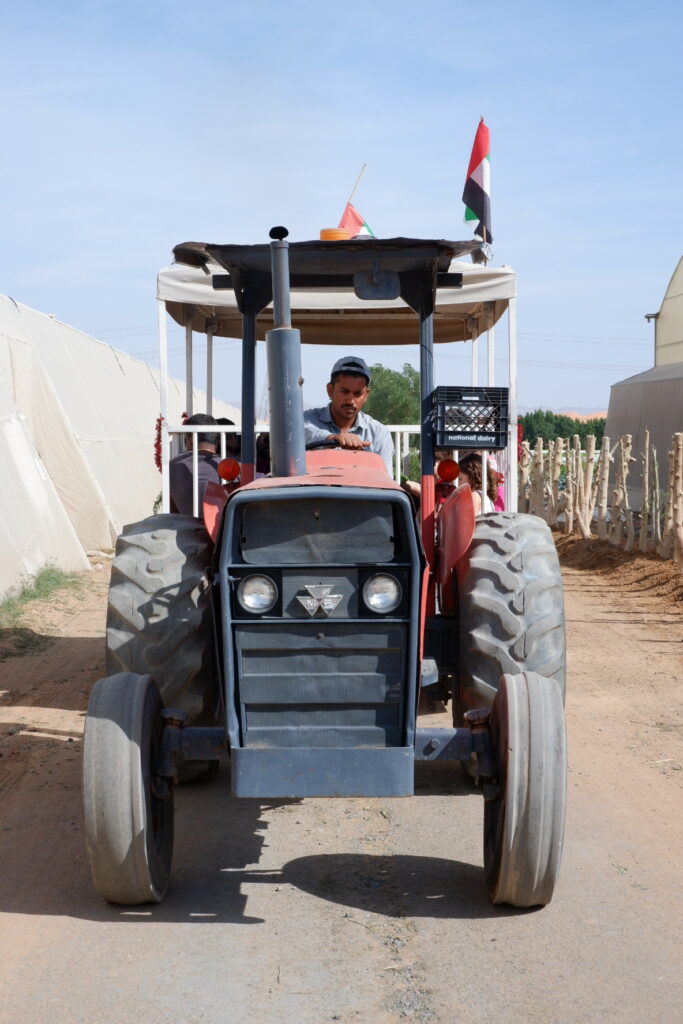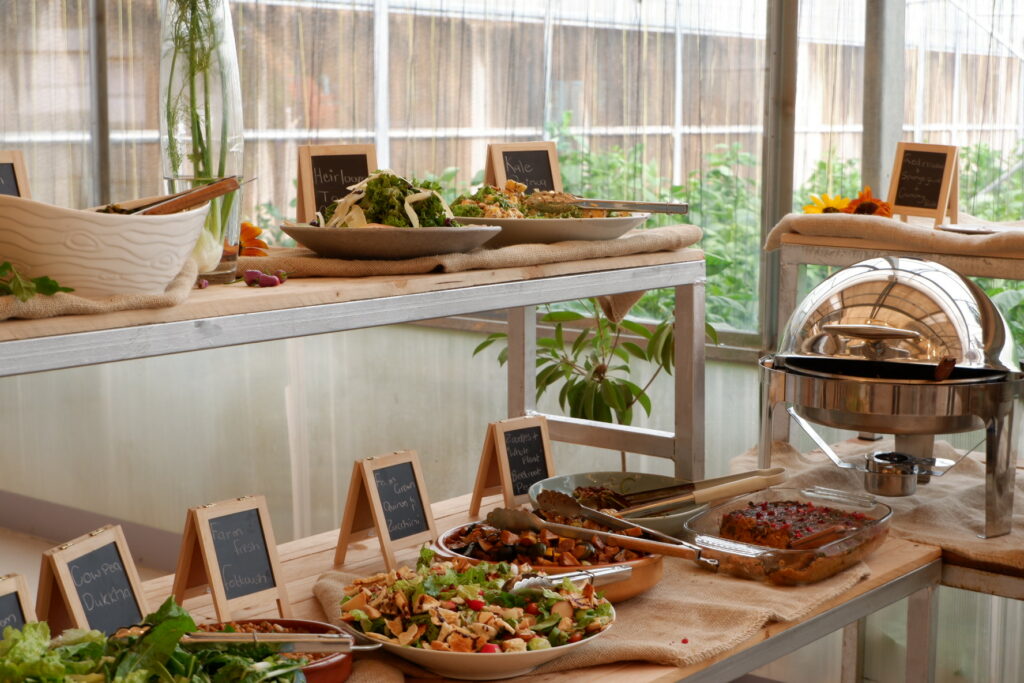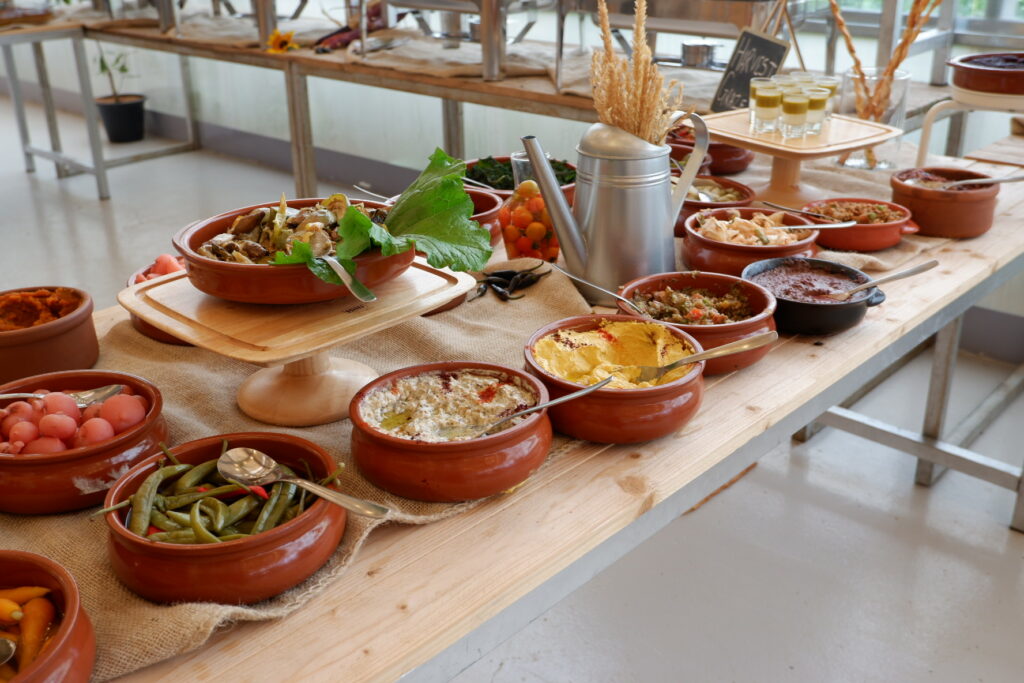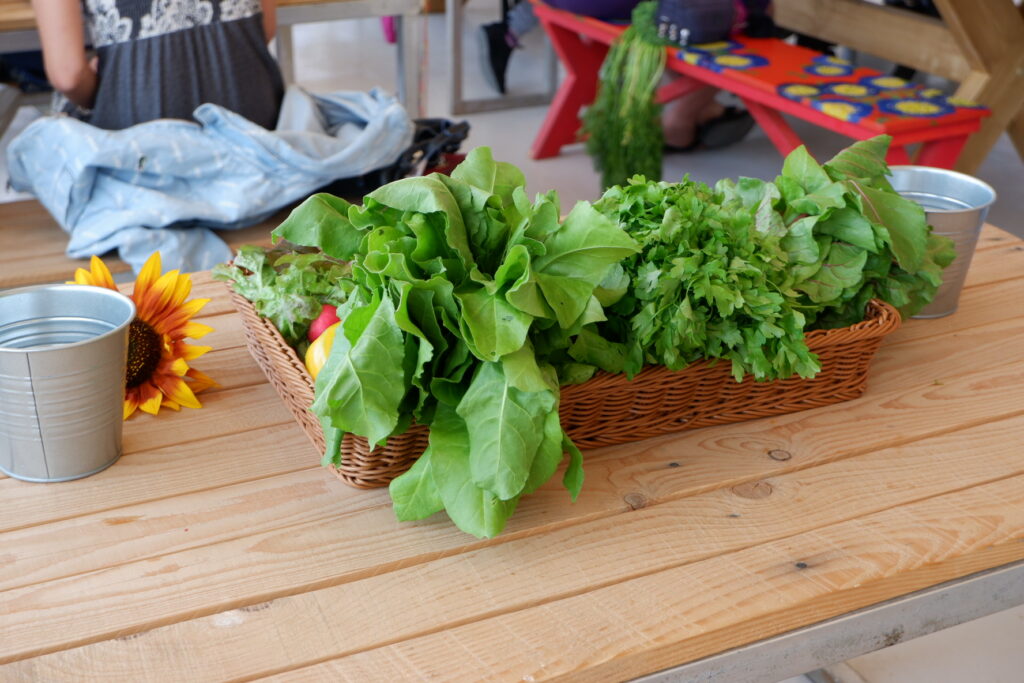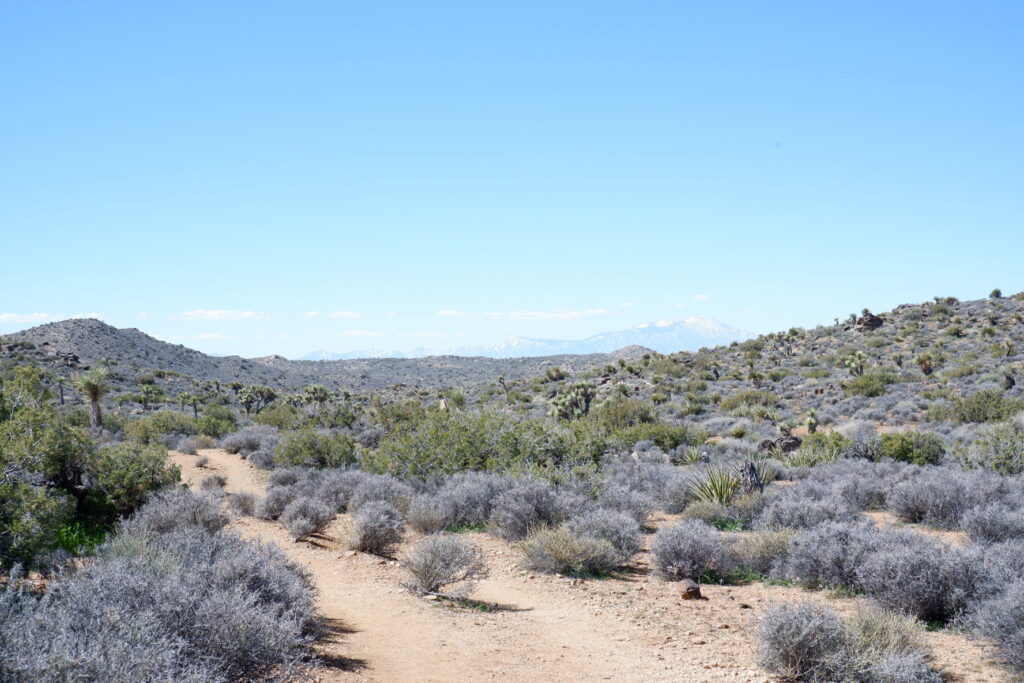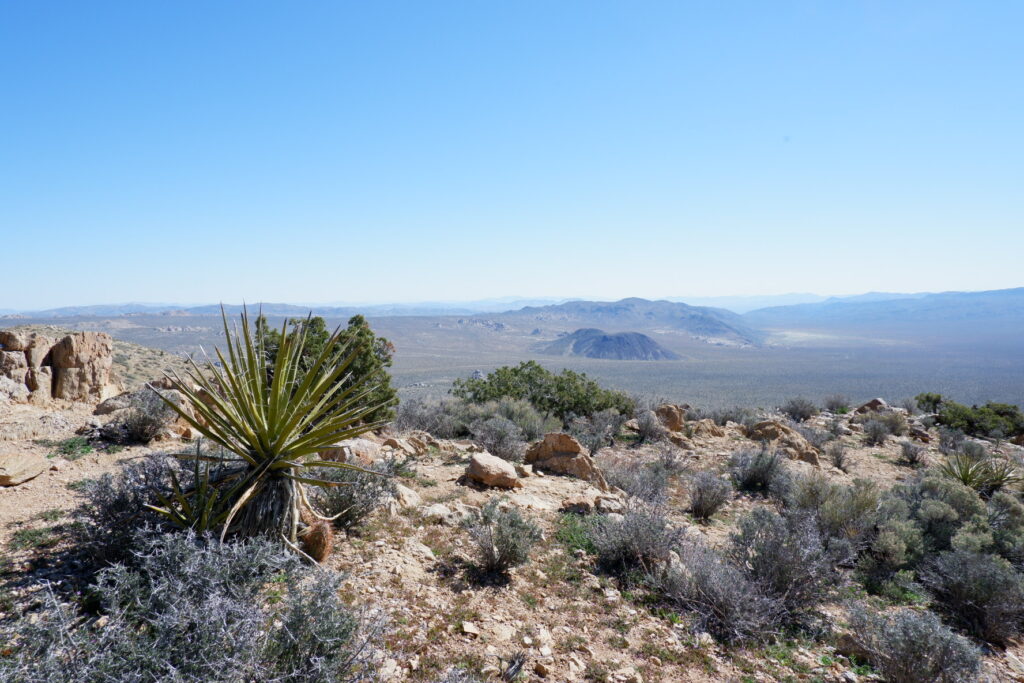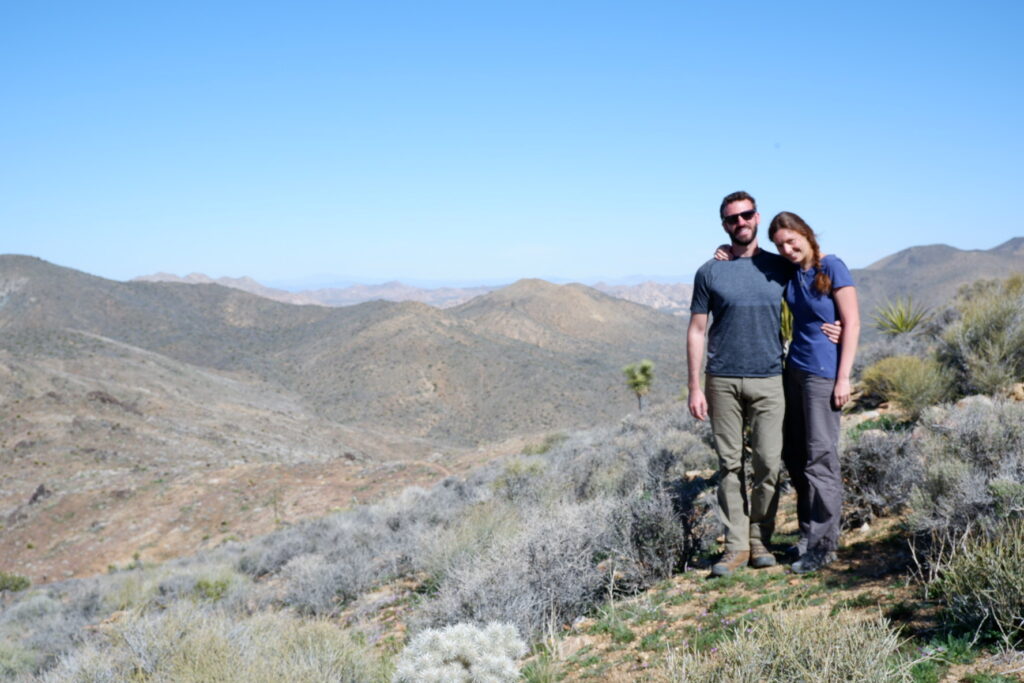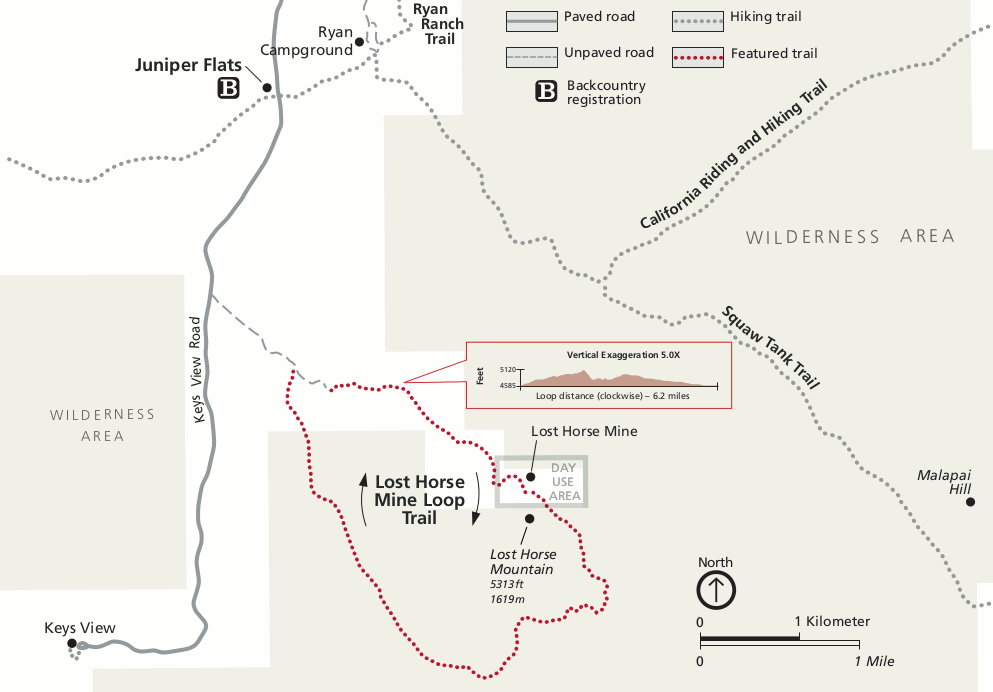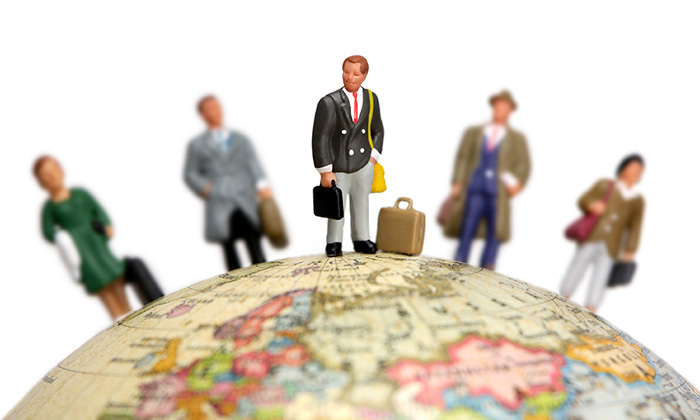Uncategorized
-
Abu Dhabi
-
AirBNB
-
Emirates Bio Farm
-
Hestra Ergo Grip Active Gloves
-
10 mistakes every first time traveller till make (and how to avoid them)
-
Lost Horse Mine Loop
-
The hitchhiker’s guide to becoming an expat
I Want to Move Abroad – Where Do I Start?
With 195 countries in the
world, becoming an expat is an enchanting idea. However, moving abroad is an
enormous decision that comes with a laundry list of to-dos and what-ifs — How
do I obtain a visa? Where will I work? What if I can’t find a place to live?
How will I make friends?Becoming an expatriate comes
with its challenges and with a lot of preparation, but at the end of the day,
experiencing all the world has to offer can be a fulfilling life experience
with opportunities to learn about new places and cultures. Living in another
country can push you outside of your comfort zone and force you to appreciate
life in the moment.To help you plan this new adventure, here’s a list of things to keep in mind before moving overseas.
Is your passport up to date?
Before you even begin packing to make the move abroad, make sure you’re legally able to board the plane! If you haven’t traveled in a while, pull that passport out of your drawer, clean off the dust and double check the expiration date. If your passport expires in less than 2 years and you’re not 100% sure how long you want to be abroad, go ahead and renew! Your passport is the most important thing you’ll own when you’re moving overseas. Don’t forget to pay close attention to the dates or the only place you’ll be moving to across the street, not across the world.
What’s your planning timeline?
An international move doesn’t happen overnight! I mean, maybe the actual flight happens overnight but the logistics sure don’t. Give yourself time to organize your life back home and your future move. Prepare your friends and family for the move while ensuring you’re completing everything on your moving abroad checklist (i.e. passport, vaccines, visas). The more in advance you plan, the more organized your move will be!
What will you do with your possessions?
Most likely, you’ve accumulated lots of “stuff” in your life. Sell off everything? Keep things in storage? An important fact of living abroad for a year or more is that everything you own will not be making the move with you. Maybe your parents or a friend has a closet they’re willing to let you store things in. If you have a car, consider selling it! Bedroom furniture, kitchen appliances, clothing items — go through it all and clean it out.
Where are you thinking of moving?
If you’re asking yourself “I want to move abroad where do I start?” chances are you already have a destination in mind. There’s a lot to consider when choosing which destination to settle down in. Consider questions like…
Do you need a visa?
Visas are the gatekeepers into the country you wish to live in.
Making sure you’ve applied for
the right visa is the biggest thing! Each country differs, and unfortunately,
it’s totally up to you to do all the research to ensure you can actually enter
the country. You’ll probably find that there are many different visas when you
go to apply, though if you plan to work, or you’re heading over to study, it’s
really important to apply for the right visa. For instance, restrictions on a
tourist visa won’t allow you to work, and in many countries may only permit you
to stay for 30 days. It’s a big deal if you breach the terms of your visa, so
make sure you’re getting the right one.Visa applications are often
drier than doing your taxes, but print all the forms and information, pull out
your highlighters and read through everything a couple of times. I find that
physically printing something out and being able to highlight it means I
understand the process better than if I was reading it online. I then make my
own checklist of everything I need to do and include. Visa applications can
take a lot of time to process, and they often cost a lot. If you’re denied
because you forgot to include something, you won’t get a refund of your money
or your time. So be meticulous in checking, double checking and triple checking
your applications.The best place to find visa
information is usually on your government website, and the government website
of your chosen country. There may also be a website set up for your embassy in
the country you hope to move to.A simple Google search will usually point you in the right direction but be careful with third party websites that claim they can get them for you fast.
What’s the cost of living like?
Your money will go further in some countries more than others. For example, lunch in Thailand will cost you about 2 dollars while lunch in Rio de Janeiro will set you back more like 8-10 dollars. Consider the cost of living and your budget.
How do I find a place to live?
It’s so much easier to find a place to live when you’re already abroad. Before you move, go visit the country you intend to move to and make sure to get a sense of neighborhoods and pricing. When you arrive, consider renting an Airbnb for a month (you may be able to do at a discounted rate since it is a longer-term stay). This will allow you to dedicate the majority of your time to apartment hunting.
Will I find a community of other expats?
You’ll
quickly realize after you settle into your new home the importance of community
and friendships. If you’re moving abroad alone, it’s important to consider if
there will be opportunities to become friends with other expats or locals. Traveling alone
and working remote can feel isolating at times. It’s always nice to make
connections, whether they’re digitally or in-person.Thankfully,
because of social media, there are so many wonderful online resources for
expats. From private Facebook groups to online forums, there’s really something
out there for everyone.But
don’t forget to get out and explore the city as much as possible. Markets, art
galleries, street food, events. There are always questions to ask and people
interested in sharing their culture with you. Select cafés, shops and
restaurants where you can become a regular. It’s such a nice feeling to be
recognized and sometimes even called by your first name. Most often, this is
the beginning of quite a few friendships.Many expats are eager to meet other like-minded people; others focus on meeting locals—try to do both. There is always a lot of coming and going within the expat community, so it is nice to also have some local friends.
How will you support yourself abroad?
It’s all about the money, honey. Unfortunately, the entire world revolves around it — even small villages in the Philippines. Once you move abroad, how are you planning on continuing to live abroad? You can work online, teach English, move somewhere with a working holiday visa to support your living or survive on hostel and tourism jobs.
Consider where you’ll be relocating and what the opportunities might be. If there are limited options for traditional employment, it’s time to start thinking creatively. In today’s global, connected world it’s possible to have a career and build your own financial path online. Consider what your work history is, what skills you have and what possibilities exist. If you can begin trialing this before you leave your home country, you can have an understanding of what’s required. If you do decide to look for traditional employment, get connected with local expats as soon as possible. People who are on the ground already have a pulse for what’s available and where to start looking. Ideally having some sort of employment in place before you move is the best option.
Plan for transportation
You should try to work out if you are going to need a car. This means you will need to decide if you are going to commute to work or live near your workplace or, perhaps you are lucky and work from home. Even if commuting, perhaps there are public transport options like rail, bus or ferry. You may not need to buy a car if you live in an urban center where it is easier to get around by non-car options.
These days we are a bit spoiled and
always try right away to see if Uber works in the country we go to. If it’s a
far distance though, try a Google search on the best way to get from A to B
using public transportation and use Google Maps on your phone to get info on
the next train/bus and how to get to the platform (you’d be surprised how much
info you get from the Maps app!).With easy-hire car options available, many city-based expats just rent a car for weekends if they are driving outside the city for sight-seeing or doing a trip somewhere. Other expats in the suburbs or regional areas will need to buy a car, and then they will have to think about the requirements for doing so e.g. car purchase process and costs, car insurance costs and if a local driving license is needed to legally purchase a car. Getting a driving license though is often required, so that means getting the necessary paperwork, passing driving tests etc, before buying. Many expats living in the suburbs will end up renting a car until they can get a driver license and meet car purchase requirements.
Ground control to Major Tom (stay close to friends and family back home)
Depending on how far away you move, it’s not likely you’ll have the time and finances to make the trip back home for every holiday. Moving abroad means missing out on important things back home. Birthday parties, weddings, holiday dinners….are all thousands of miles away. The reality is: your move abroad affects your loved ones back home. Are you willing to make sacrifices? WhatsApp is our #1 communication tool to use to keep up with family and friends. You can text internationally with no fees.
Prevent culture shock
We love learning about new cultures and venturing to far-off
lands that we couldn’t have even imagined existed when younger. This yearning
for knowledge and deep interest in new cultures always pushes us to do our
research before we travel to a destination.The more you take time to understand the culture, rituals, and
beliefs of a society, the less likely it is that you’ll be “shocked” when you
step foot off that plane. We’ve spanned the globe and have definitely felt like
a fish out of water in certain countries, cities, or townships, but, our
willingness to be open and accepting is what has allowed us to see the beauty all
over the world.It all depends on your destination and where you’re coming from. For us Europeans, America and the United Kingdom can be a very easy transition as they are similar to Italy. Although, when we decided to move to the Middle East, we had to adapt to the culture and respect the country costumes and traditions.
Learn the language…
Some people find learning a language easy, others struggle.
Some prefer to learn in a formal class while others would rather work at it in
private. Find out what works for you. Being surrounded by the new language all
day – full immersion – is the quickest and most effective way to learn.Let’s be honest, as an adult, it’s extremely difficult to learn
a new language, especially when you’re busy with travel, work, and life! But,
showing natives your willingness to try makes all the difference. A lot of
people are so afraid of making a mistake that they just give up altogether.
Give it a go! Most locals will be happy that you’re trying to communicate, even
if it’s “broken.”To start with, just focus on the basic phrases you need to
get through day to day life: greetings, numbers, food and directions. Then, you
can eat and get home if you get lost. Have a local language radio station on
whenever you can. Simply absorbing the spoken word, with all the intonations
and rhythms, helps set the language in your mind, almost subconsciously.Look at online newspapers written in your chosen language.
They are up-to-date and relevant, and you can use the pictures as clues to aid
comprehension. Following a specific story over a few days can help build and
confirm vocabulary.TV and films help too. Most satellite TVs have some foreign language channels where you can learn while watching. Alternatively, select a different language option on your favorite movie.
…and eat the food!
Go out and try everything! One of the best parts of moving abroad is tasting the cuisine and finding the new ways that people make food. Check out the local markets in your area or see if you can take a cooking class. Make sure to try the restaurants in your neighborhood or ask your neighbors where they like to eat.
Feel at home!
Adding little touches of home, like a simple blanket, candle or a book, really make any space feel like home. Bringing sentimental items into a new space can make it feel cozy. One of my favorite moments of my days as an expat is cooking in my new kitchen. The ritual of doing everyday things while abroad makes everything a little closer to home. It also helps to seek out restaurants that remind you of home.
Getting the opportunity to experience what life is like in other countries and in other people’s shoes is one of the most rewarding things you can ever experienced. When you live abroad, you get the chance to learn and feel what life is really about, and meet new people who can help show you that as well.
-
The hitchhiker’s guide to becoming an expat
